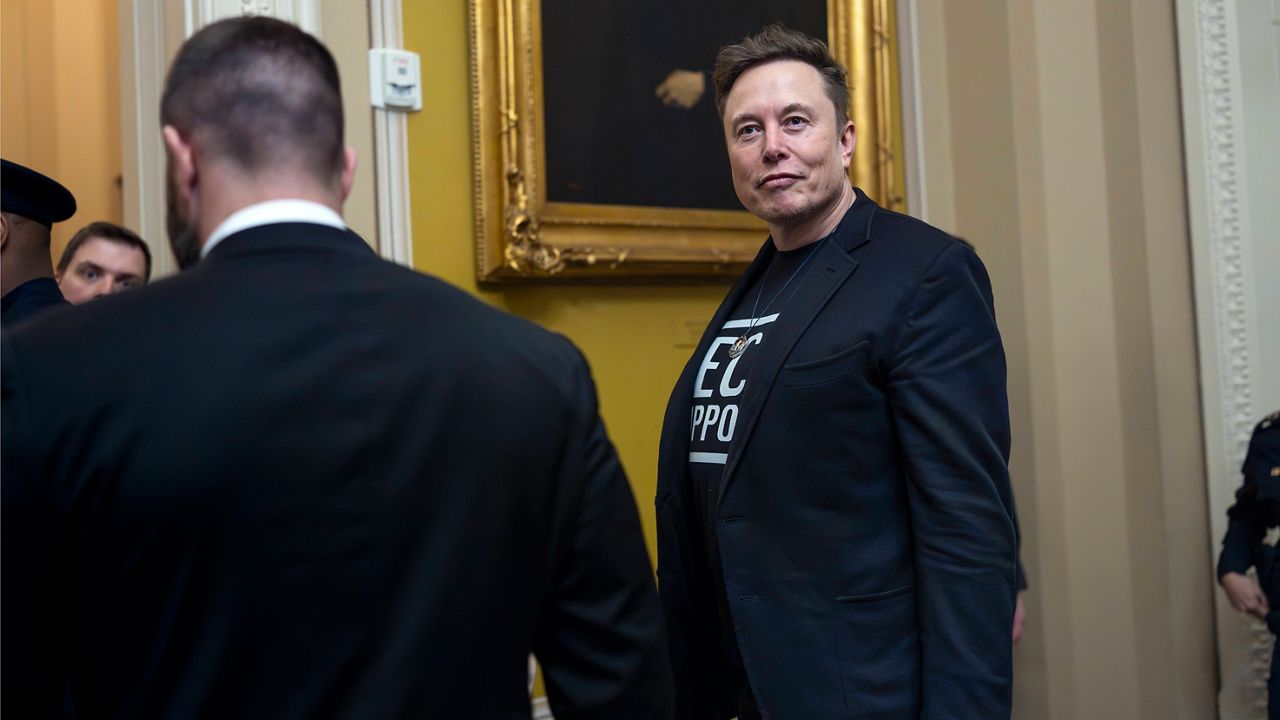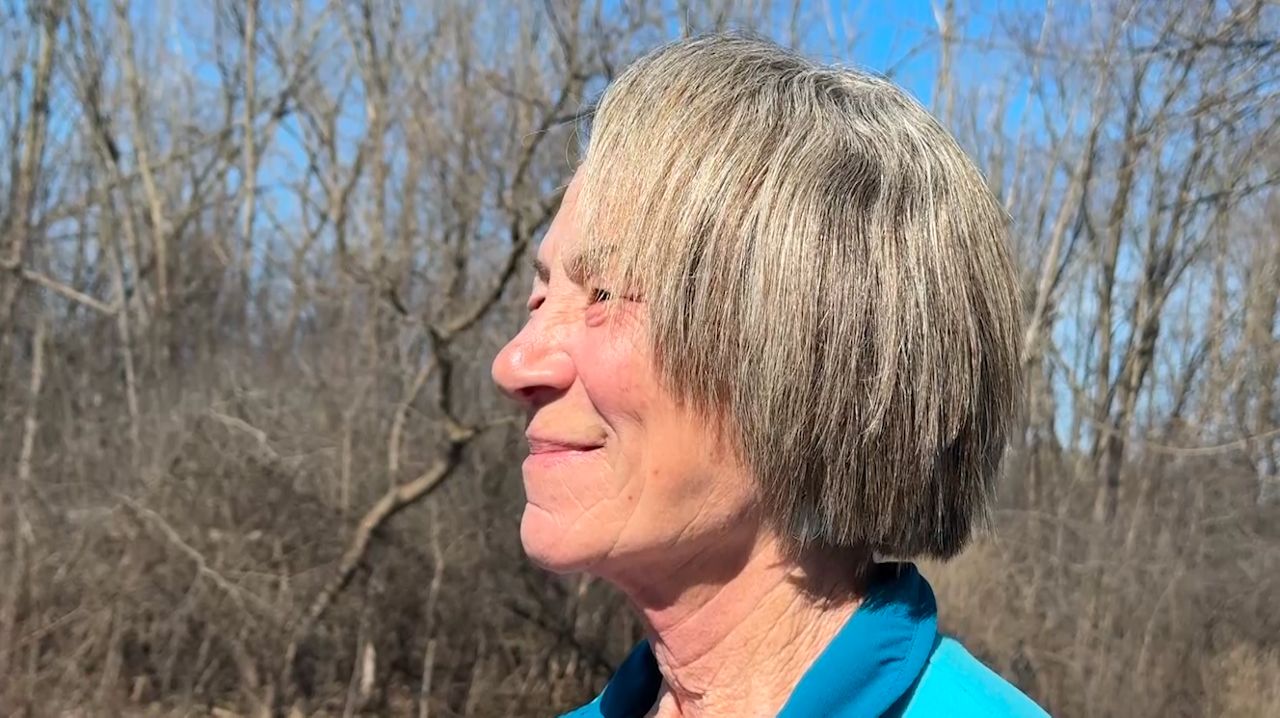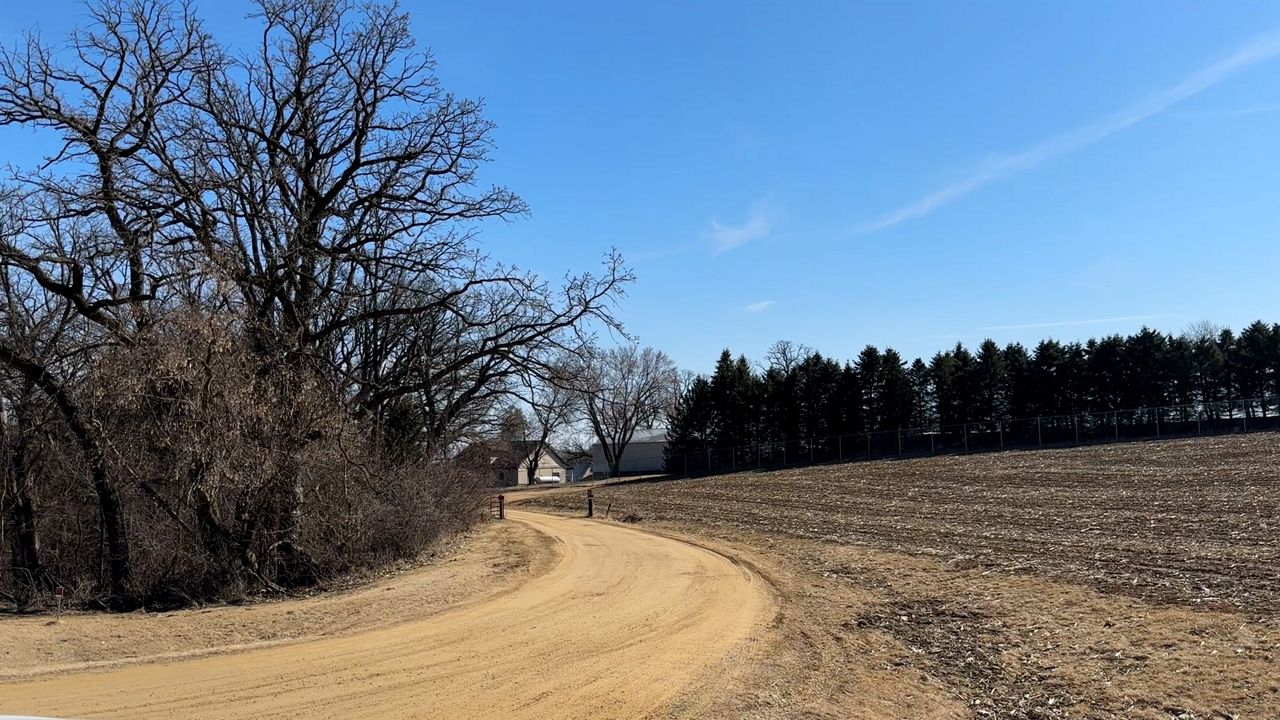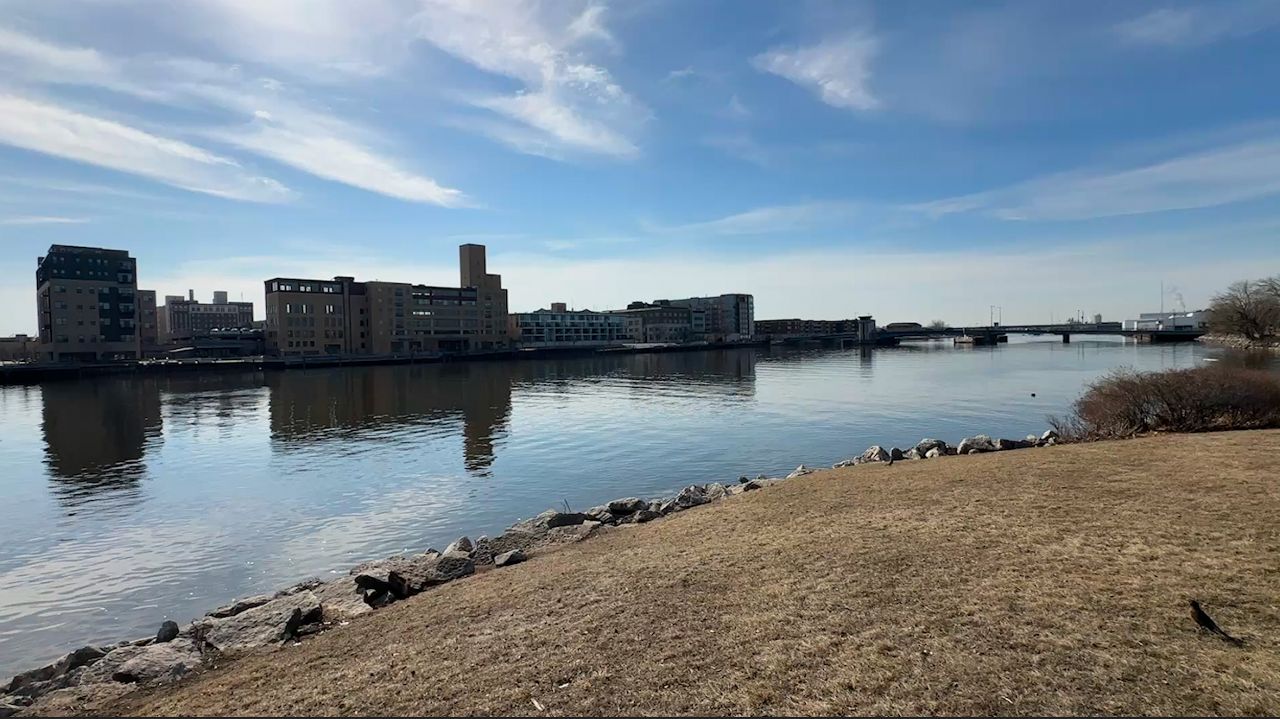GERMANTOWN, Wis. — Usually this time of the year is bustling for farmers like Lauren Padovano, a diversified vegetable farmer at Happy Day Farmhaus.
“March through May, we’re getting everything seeded and planted out,” said Padovano.
Padovano, who supplies a wide variety of collards and greens to diverse communities, has built her business on the promise of adaptability. Yet the recent federal funding cuts may force her to alter the traditional mix of produce her customers expect.
“Different cultural groups are interested in like collards, specific Asian eggplants, tomatillos, that typically our customers right now at farmers markets maybe would want a boatload of those,” said Padovano. “A lot of those offerings that we were hoping to deliver might not be sold.”
Her concerns are compounded by the broader impact on the local food distribution network. Padovano is one of the hundreds of growers who has benefited from the United States Department of Agriculture’s (USDA) Local Food Purchase Agreement (LFPA) program — a federal initiative that has provided grant funds to food banks and small farm businesses for several years.
Close to 300 growers participated during the 2023-24 growing season and delivered over $4.2 million worth of food to partners.
The program, which has been a lifeline for many in the community, was terminated on March 7. USDA Deputy Administrator Jack Tuckwiller said in a letter that the program was canceled because it “no longer effectuates agency priorities.”
Matt King, CEO of Hunger Task Force, a Milwaukee-based nonprofit that has partnered with local growers like Padovano, described the LFPA program as essential for both food banks and farmers.
“It’s just really bad timing because a lot of the small businesses and small farmers that we work with had been operating under the impression that the program was going to continue,” said King.“It’s just really bad timing because a lot of the small businesses and small farmers that we work with had been operating under the impression that the program was going to continue,” said King. “They already made plans for this growing season, made investments into seeds and feeling like the rug is pulled out from underneath them.”
In response to the program’s cancellation, Gov. Tony Evers criticized the Trump administration, saying they “must stop turning their backs on America’s Dairyland.”
The decision to end the program has left local food distributors and nonprofits like Hunger Task Force to find alternatives at a time when every dollar and every shipment counts.
“Now, we have to look to the community to support us to do that,” said King.
While Hunger Task Force intends to honor existing agreements with local farmers, the loss of the LFPA program represents a significant setback. For Padovano, it’s not just about the financial implications; it’s about the ability to serve those in need.
“It was a really big thing that we enjoyed participating in that really, we’re not able to service those people in need in any other capacity than the LFPA program,” said Padovano.












